I should have been in an economist. All my favorite books are written by economists. I love the data driven approach to problem solving and I generally find them a funny, personable group.
I'm now adding Emily Oster to my list of favorite economists and Expecting Better: Why the Conventional Pregnancy Wisdom is Wrong - and What You Really Need to Know to my list of favorite pregnancy books.
Pregnancy advice - both that found within books and in the doctor's office - often seems based on little more conjecture and anecdotal guessing. And that's assuming it stays the same, which it often doesn't. One day coffee is ok. The next it isn't. One day home birth will kill your baby. The next day not so much.
Oster approaches each recommendation and pregnancy decision with deliberation and data. However, as a mom herself, she also brings a particularly personal approach as she shares her own decision-making process and tells the story of her first pregnancy.
I learned so much while reading her book, despite going through two pregnancies and considering myself a bit of an expert. For once and for all, runny eggs and sushi are ok! YIPEE! There is ZERO evidence bed rest is helpful. (!?!?) Any toxins you encounter during the two weeks between conception and your missed period have no effect if your pregnancy goes to term. THAT information would have saved me a lot of anxiety with my first two pregnancies.
Oster also addresses the process of labor and delivery. As a passionate advocate for natural birth, I was happy to see Oster ultimately decided on natural birth after assessing the data. Although, I was disappointed that she neglected to address water as a natural pain remedy because I found it to be an incredibly effective pain relief method in my first birth (especially as compared to my second birth outside the water).
I was also happy with Oster's analysis of home birth risks. She seems to do a fair and reasonable assessment of the studies and concludes the risks are low. One small issue I had is she seems to make the same mistake many people do when assessing the risk of serious complications during a home birth, which is ignoring the fact that serious complications could also arise in a hospital. Medical errors are real. Antibiotic resistant infections are real. The risks of these complications are small but so are the risks of having a life-threatening complication at home and not getting to the hospital in time.
My last small criticism also (not surprisingly) has to do with my own experience. Oster puts a great deal of emphasis on the training of one's midwife, eventually concluding that a certified nurse midwife is the best choice over a direct entry midwife due to training. I would argue one should not completely ignore experience. A direct entry midwife that has successfully attended 300 births is an infinitely better choice than a certified nurse midwife with fewer than 50 births under her belt. The training is absolutely an asset but experience should be an important factor to consider.
My small criticisms aside I found Oster's book to be empowering. Far from the condescending tone taken in most pregnancy books, she offers up the facts and encourages women to make up their own minds. Good advice, indeed.
What's your favorite pregnancy book? Any pregnancy advice you'd loved to have debunked!?!











